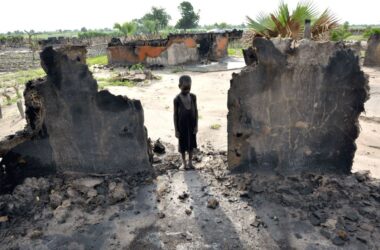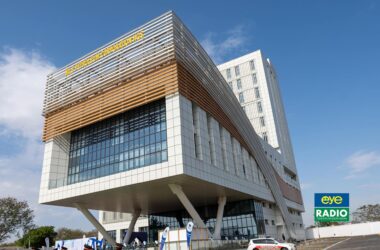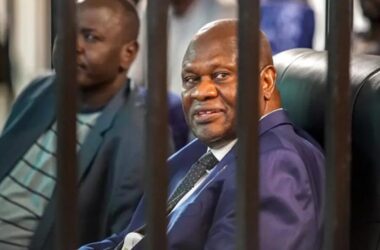By Kei Emmanuel Duku
South Sudan’s leadership has mismanaged over $25 billion in oil revenues since the country gained independence, a member of the commission of Human Rights in South Sudan told the United Nations General Assembly yesterday.
The Commission declared that this massive theft, driven by entrenched impunity, predation, and extreme corruption, is the core engine for human rights violations, political conflict, and communal violence in the country.
Barney Afako, speaking to the Third Committee on October 29, 2025, issued a stark warning that the results of this systemic corruption are “profoundly destructive for the country and its people.”
Afako highlighted the extreme nature of the corruption, confirming that since 2011, South Sudan has received over $25 billion from oil sales. He cited a September 16, 2025 report detailing that “most of it has been systematically diverted or mismanaged.”
“Desperate citizens are asking themselves what happened to this money,” Afako stated.
He added that most children leave life of hopelessness because their future has being stolen from them and violated at the same time. “Their leaders are not only predatory, but they are also extremely repressive” he added.
Commissioner Carlos Castresana Fernández added that the country’s conflict is “fueled by corruption pure and simple,” with “Billions of oil revenues been siphoned off while the population starves.”
He said in what should be a wealthy country, “Visible and disturbing signs of poverty and neglect are everywhere.” Basic services, hospitals, schools, and courtrooms are absent, and roads are “paid for but not delivered.” Agriculture is neglected even as acute hunger stalks children.
The experts noted a key finding across major hospitals, patients struggle with no medicines; schools have no teachers; and soldiers go unpaid, while elites enrich themselves through opaque contracts and off-budget deals.
The consequences for the population are horrific, for South Sudanese women and girls, the conflict brings extreme forms of sexual brutality, which severely compounds their acute societal marginalization.
At the same time, the nation’s youth are suffering dire consequences, with children hungry and out of school. “Instead of carrying textbooks, many are being forced to carry guns.”
Fernández emphasized that corruption is “not a side effect of the conflict, it is one of its engines,” and the country’s top leaders “must realize that their corrupt tendency is killing South Sudanese.”
The Commission member concluded that “Accountability for economic crimes is essential not only for justice, but to stop the violence that corruption keeps alive.”
The $25 billion figure underscores the massive scale of public funds allegedly misused, directly linking the lack of development and humanitarian crises to the unchecked immunity of political and military leaders.
Yesterday’s address places the Commission’s findings within the context of continuous international pressure on South Sudan’s government to implement promised reforms, combat corruption, and establish true accountability mechanisms under the 2018 peace agreement. The October 29, 2025 statement serves as a critical update to the international community on the persistent failures of governance in South Sudan.




